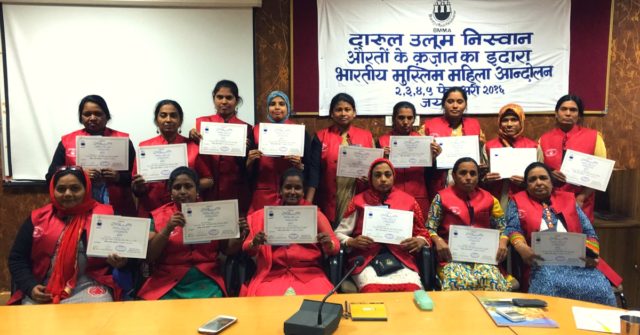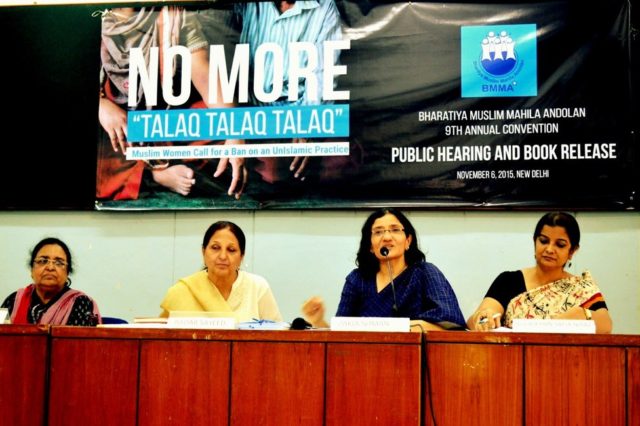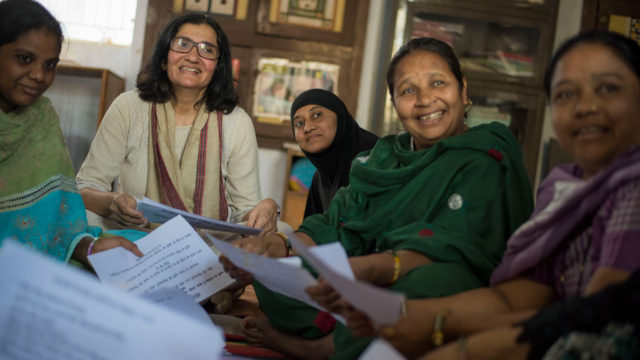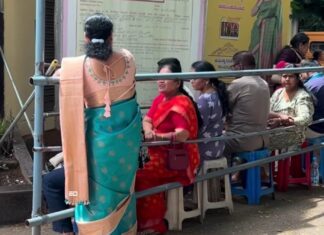For several years, Muslim women have gone through a lot of struggle in their lives pertaining to the orthodox laws regarding marriage, not created by anybody but the people themselves.
It came as a surprise to many when Bhartiya Muslim Mahila Andolan (BMMA) announced the formation of Darul Uloom Niswaan a centre for Islamic learning and theology to train women to be Qazis in India.
Those, who just know the word Qazi by watching Pakistani shows, Qazi or a Qadi is the judge of the Shari’a court who interprets the laws of Islam and their judgement is final.
If history is to be considered, only men have been Qazis in India, though there is no rule regarding this in the Islamic holy book, Quran.
A co-founder of BMMA, Zakia Soman, highlighted this when she said “Traditionally, qazis have all been men, and their judgment has never been questioned, even if many are unfair to women.
“Our two research reports bear out testimony to how Muslim women suffer owing to these unIslamic practices. We feel that more and more women qazis who are trained about Islamic teachings and gender justice principles are the need of the hour. Besides, there is no bar on women qazis as per the Quran. It was felt by thousands of women that women qazis can provide a solution to these ills which afflict our society.”
First and second from right: Co-founders of BMMA
BMMA aims to train 30 women to be Qazis by the end of 2016.
Islamic practices do not seem to consider women’s rights or treat them as equal which is pretty much evident in the fact that there exists a triple verbal talaq, which gives men the power to divorce a woman just by saying the word talaq thrice. It is only men who can remarry while being already married to another woman.
And Qazis not only advocate these male-centric laws, but do not even redress a woman who comes to them for justice.
This speaks volumes about how gender parity is clearly not on the top of the Qazis’ minds while judgement.
BMMA is training women in Quranic injunctions pertaining to marriage and family, personal laws in Muslim countries, Constitution of India, basics of Indian and global jurisprudence pertaining to gender justice and equality, preparing elaborate nikahnama, conducting a nikah and divorce procedures as per the talaq-e-ahsan method (which finds its roots in the Quran), and these women have to ensure absolute equality when a judgement is being made.
Co-founder Zakia Soman with trainees
“Women don’t have the right to be a qazi. Besides, there is no need – there are enough men who are qazis. So it’s completely unnecessary” Maulana Khalid Rashid Farangi Mahali, secretary of AIMPLB told the Thomson Reuters Foundation.
While this move has received backlash from a lot of people, BMMA is not perturbed by any of the criticisms. They will continue to encourage women to study, receive training, and become judges, and normalise the concept of women qazis in India, just like it is Indonesia and Malaysia.
We hope BMMA achieves a fall in the discrimination against women. Way to go!
If you liked reading this, take a look at:



































